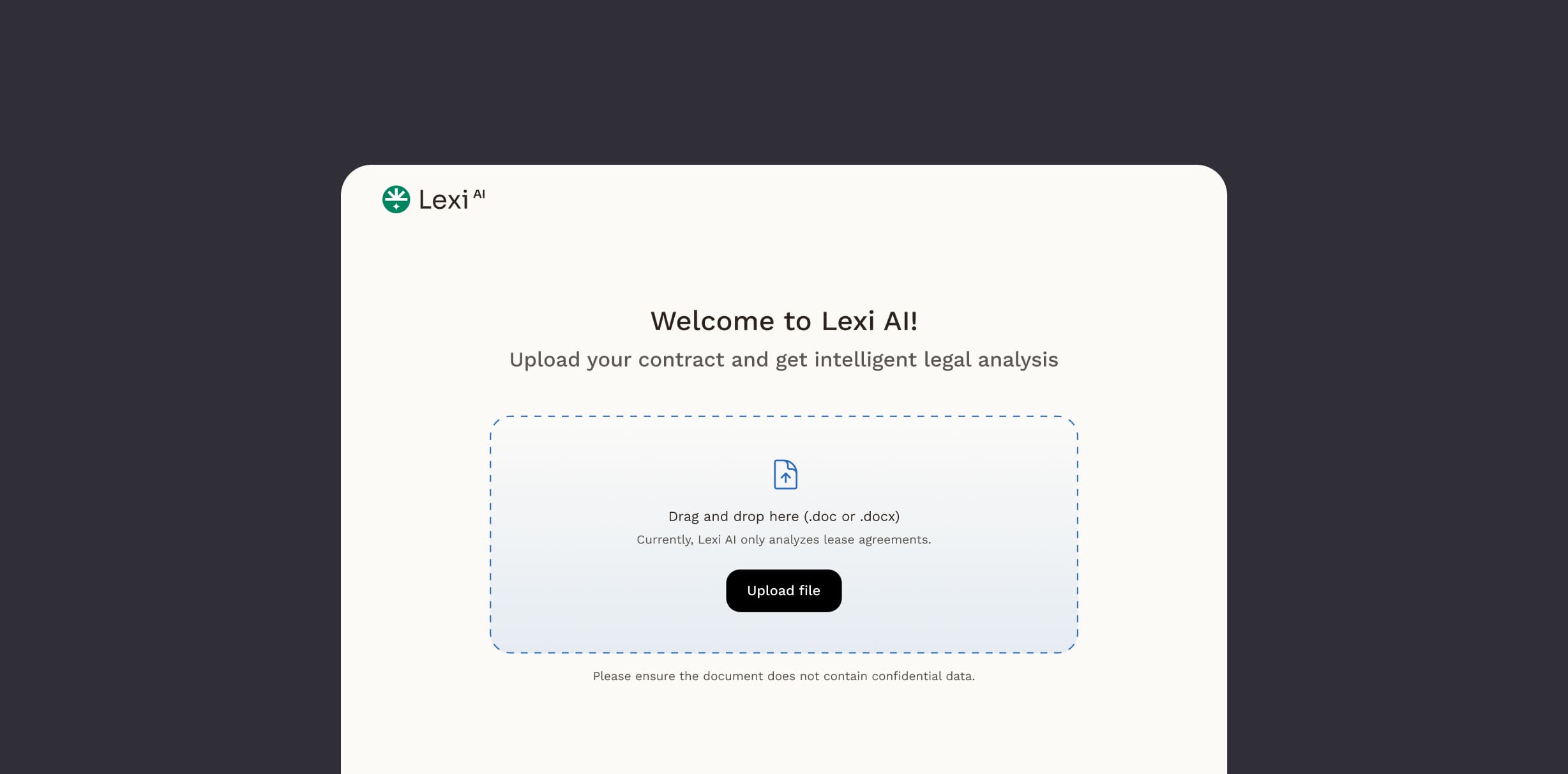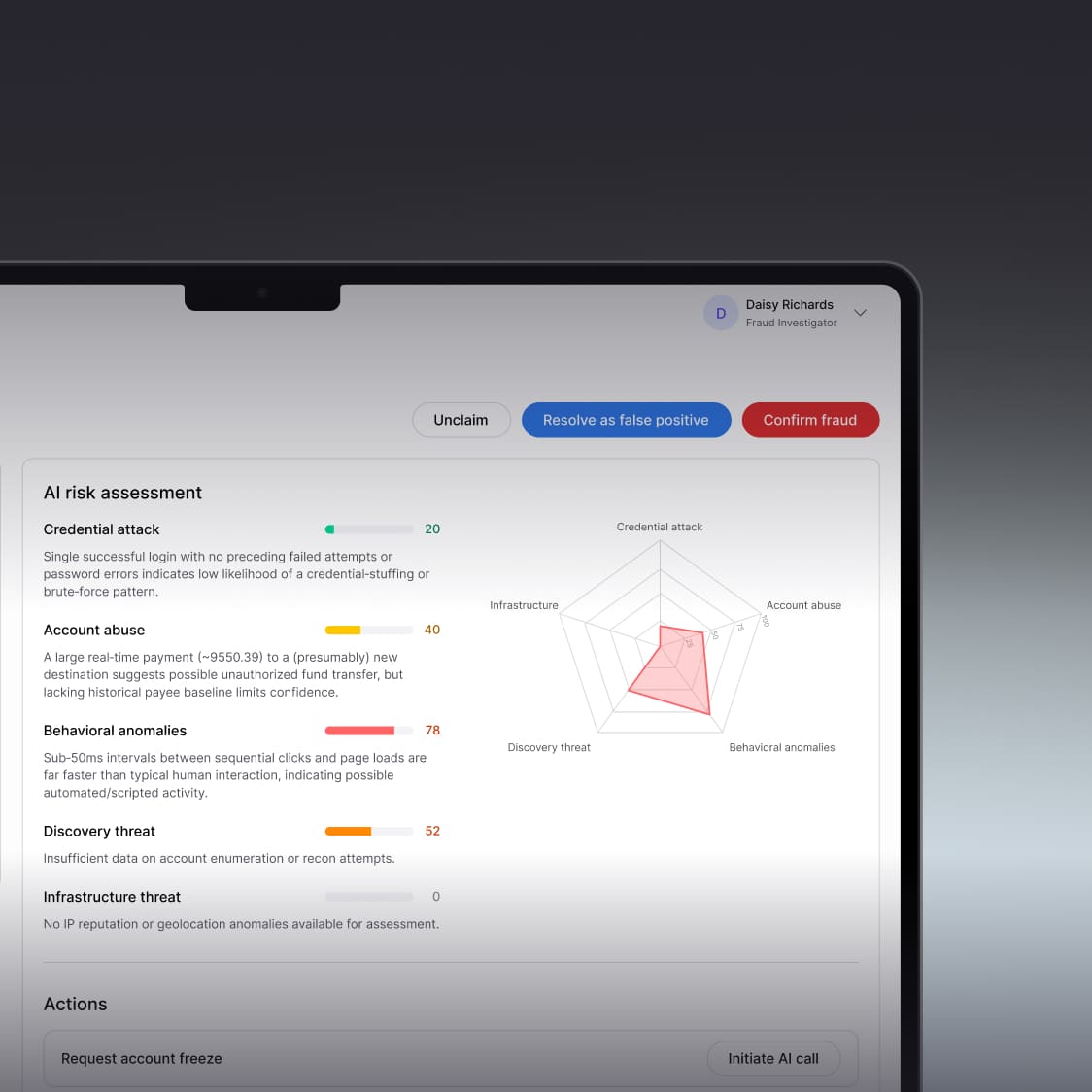Streamlining Legal Workflows with the Lexi AI Assistant






Law firms face a costly efficiency bottleneck: highly skilled junior lawyers spend hours reviewing contracts line by line. To solve this, we built Lexi AI—an intelligent legal assistant that automates contract review according to a firm’s internal standards. We scoped the MVP tightly to lease agreements, allowing us to deliver value fast. Lexi provides a smart first pass on documents, recommending edits aligned with firm templates and freeing legal teams to focus on higher-value work.


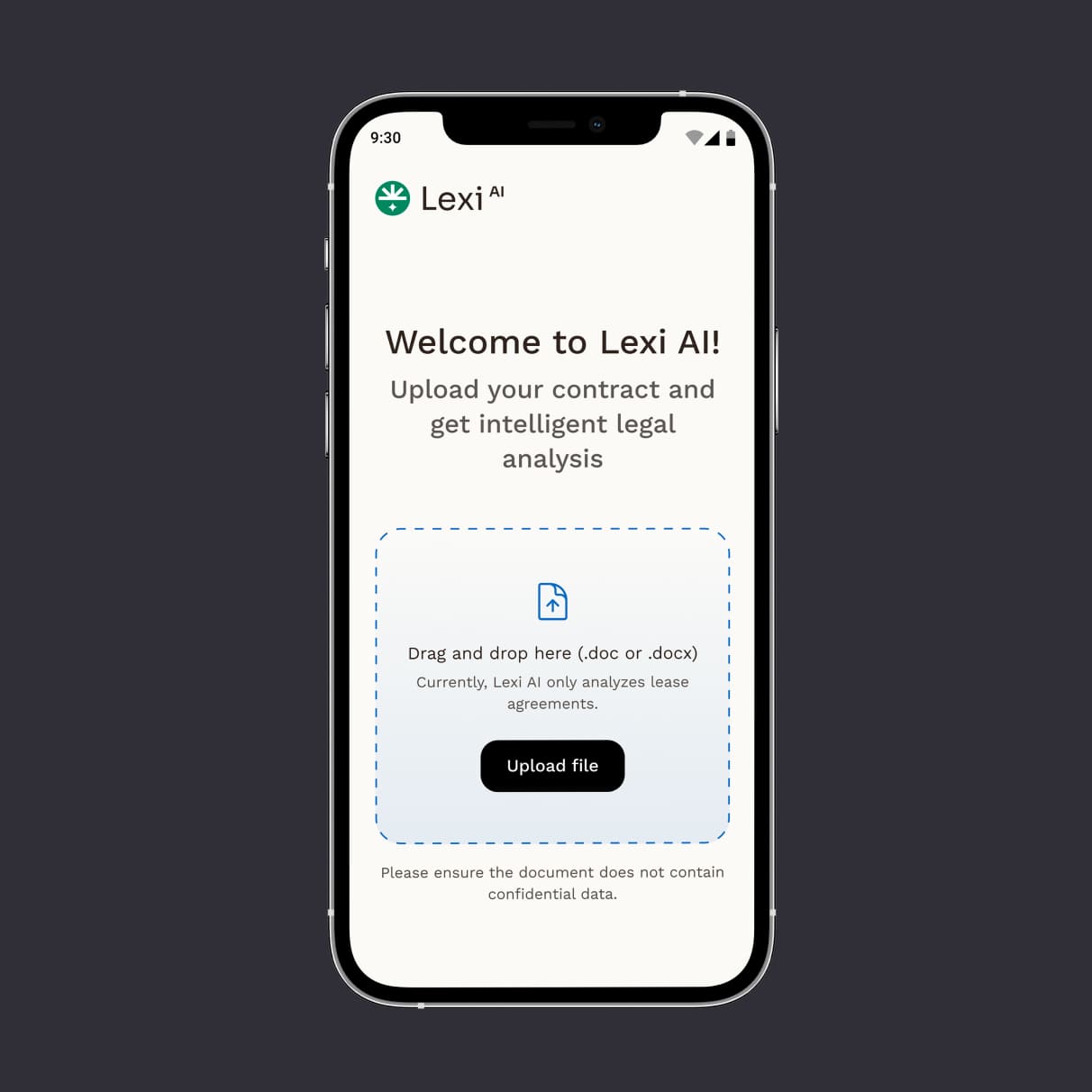
Challenges

Defining a Focused MVP
There’s a lot legal AI could do, but we needed to start with something realistic. The challenge was picking a narrow enough scope to build quickly and prove the concept—without losing sight of the bigger goal. Lease agreements gave us that focus.
Fitting Into Existing Legal Work
Lawyers already have tools and habits they trust. For Lexi to be useful, it had to work with the files they already use and return feedback in a format they’re familiar with: Word documents, marked up with clear, trackable comments—just like a colleague would do.
Matching the Firm’s Standards
Generic advice isn’t helpful. Lexi needed to understand the firm’s own templates and preferences. We had to make sure the AI’s suggestions reflected the way the firm actually works—not just what’s legally acceptable.
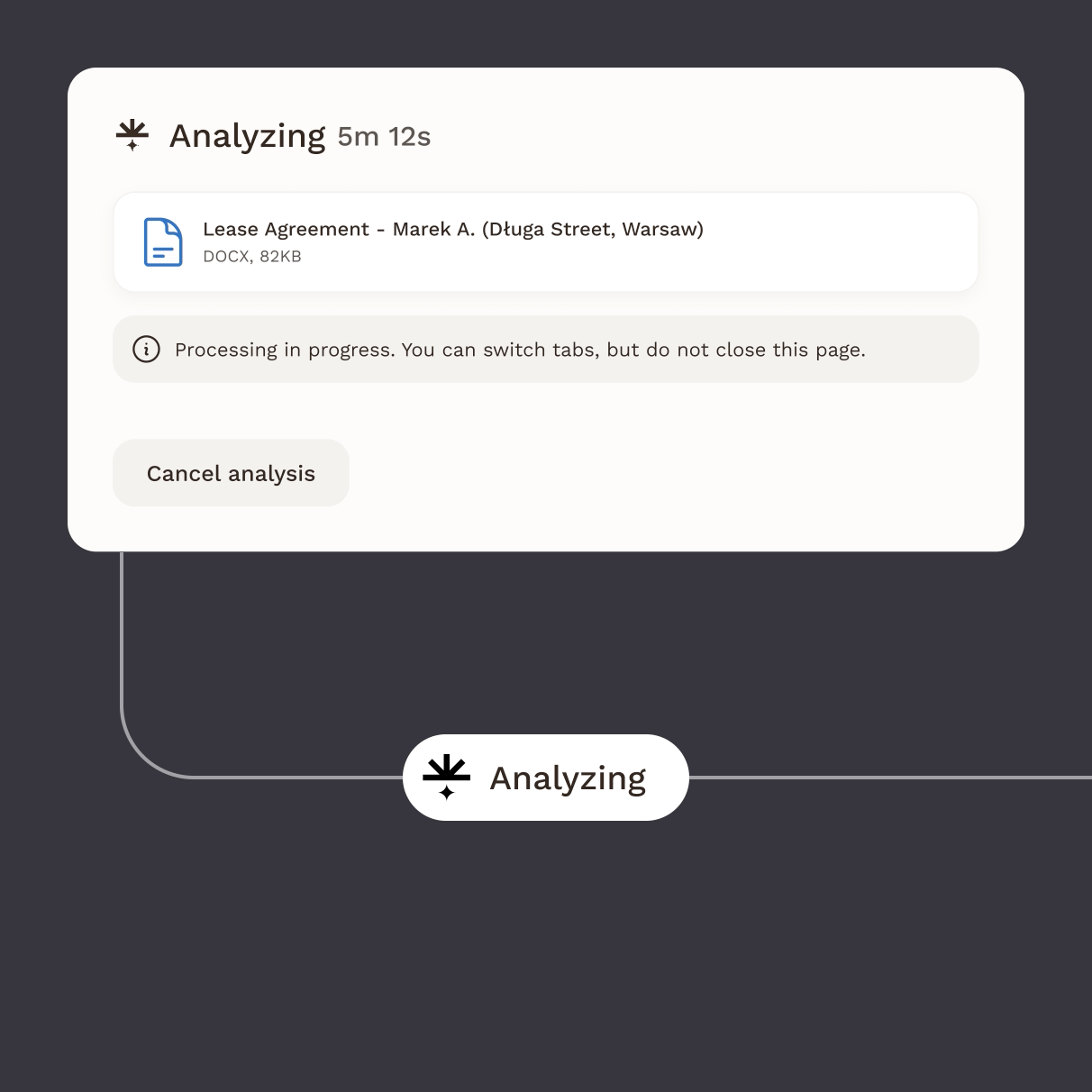
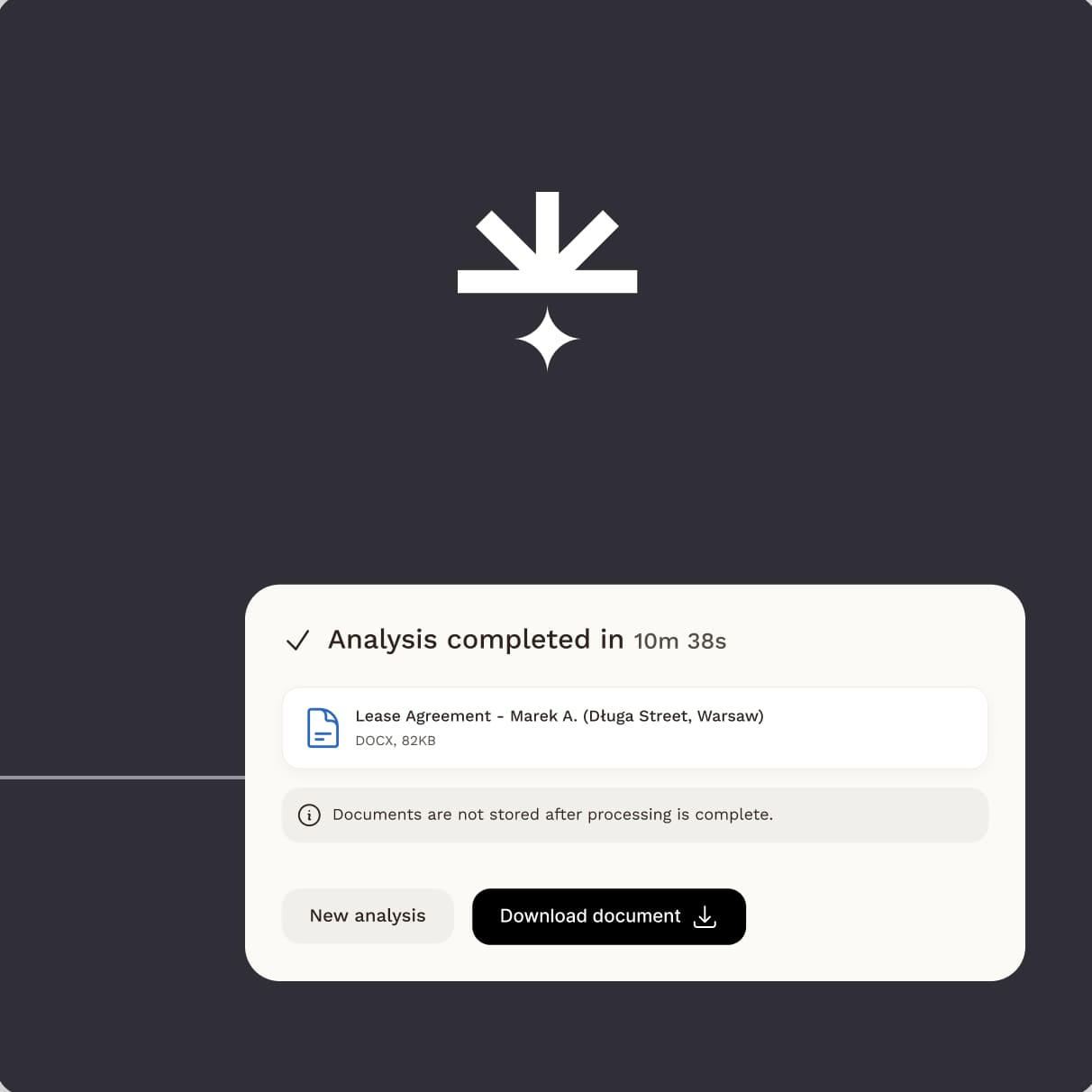
Solutions
Contact usBuilt a Targeted MVP Quickly
We kept the first version simple on purpose, limiting the scope to lease agreements—a common and repetitive task for many firms. This let us build and launch in just three weeks, giving us early feedback without overbuilding.
Delivered Edits in Familiar Format
Lexi takes in a contract and returns a new .doc file with suggested edits. Feedback is added as native Word comments—highlighting missing clauses or suggesting standard language—so lawyers can review and act on it using tools they already know.
Used Templates to Guide the AI
To make Lexi useful for each specific firm, we let users upload their own contract templates and sample documents. These guide the AI’s review, so its suggestions reflect the firm's actual preferences—not generic legal advice.

